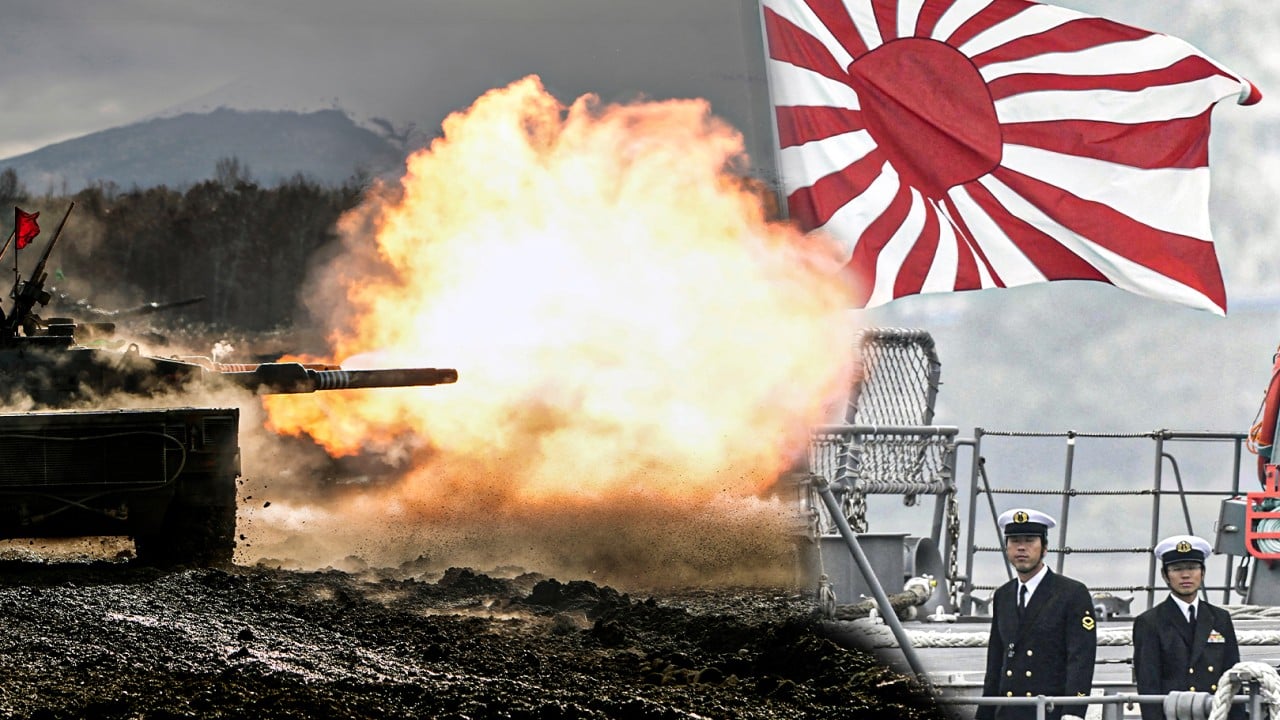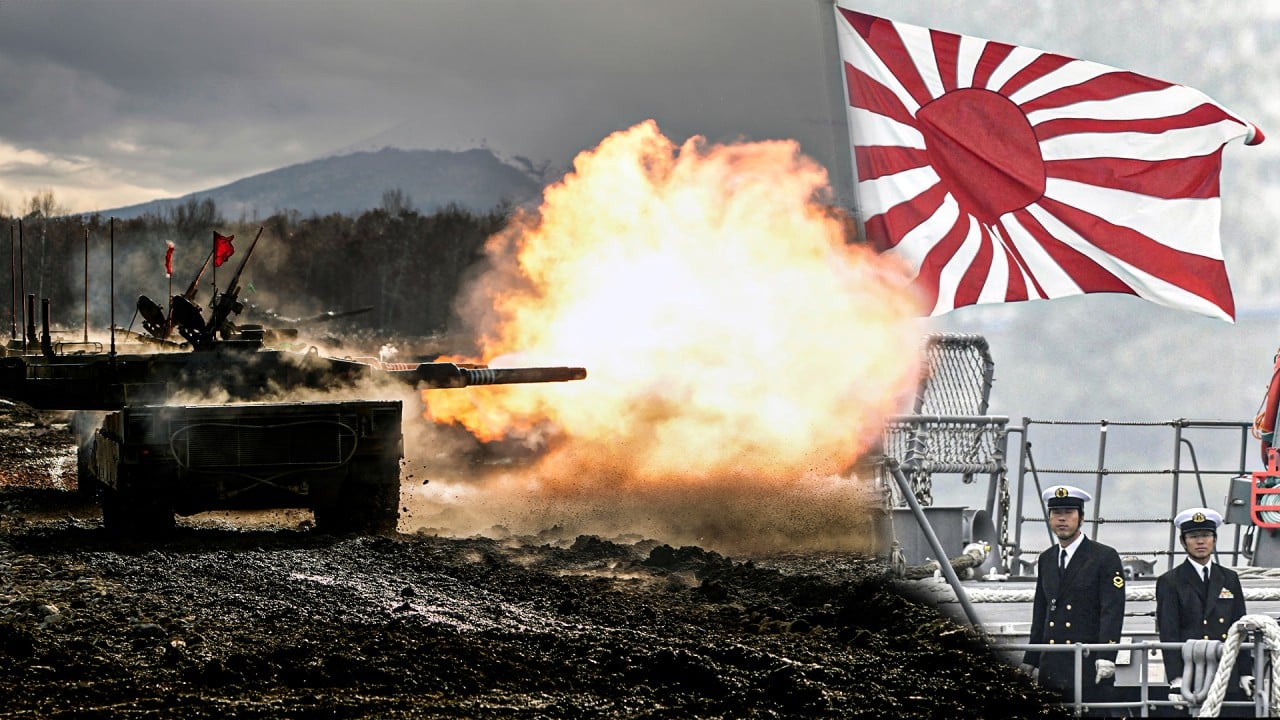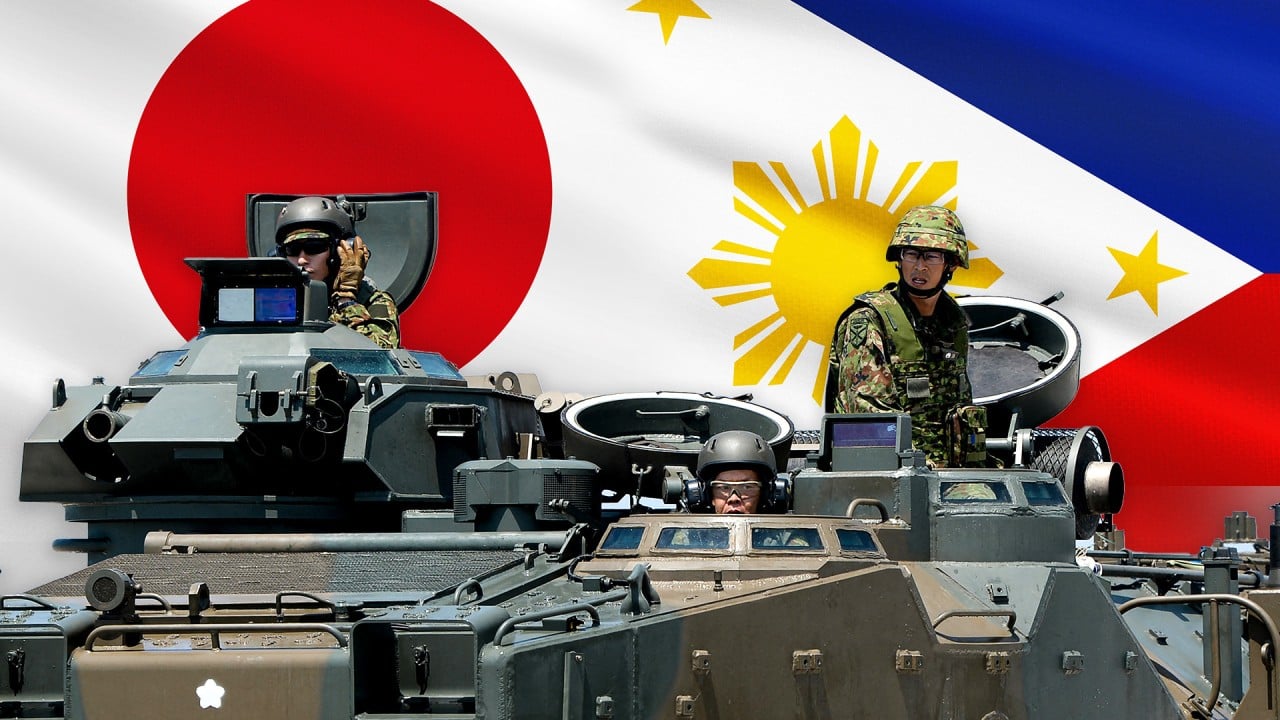China-Japan relations are at a “critical stage” and risk going backwards, Beijing’s Foreign Minister Wang Yi warned on Friday.
He told his Japanese counterpart Yoko Kamikawa that he hoped Tokyo would take an “objective and correct” view of China and pursue a “positive and rational” approach, according to the foreign ministry in Beijing.
“Currently, the China-Japan relationship is at a critical stage where if it fails to move forward it regresses. China’s policy towards Japan has always been stable and consistent,” said Wang, urging the two countries to work together to safeguard the political foundations of their relationship.
Japan’s foreign ministry said: “The two foreign ministers confirmed that they will continue to build up … persistent communication, including mutual visits by foreign ministers at each other’s invitation.”
The talks between the two, held on the sidelines of a meeting of Association of Southeast Nations foreign ministers in Laos, were their first since November.
They followed this week’s visit to Tokyo by Chinese foreign vice-minister Ma Zhaoxu, which saw the resumption of a dialogue mechanism that had been suspended for over four years.
Apart from the long-running grievances over Japan’s wartime record and the territorial dispute in the East China Sea over the Diaoyu Islands (known in Japan as the Senkakus), Beijing has recently been angered by Tokyo’s increasing support for US efforts to pressure China, including efforts to limit its access to advanced microchips.
Kamikawa told Wang on Friday that Japan’s semiconductor export restrictions do not target any specific country but the country was ready to hold constructive talks on the issue, according to the Chinese statement.
For its part, Tokyo has repeatedly expressed frustration at China’s suspension of all Japanese seafood imports following last year’s decision to release treated waste water from the Fukushima nuclear power plant, and on Friday Kamikawa again urged Beijing to lift the ban.
Wang responded that there should be a “long-term international monitoring mechanism” for the Fukushima discharges.
Kamikawa also called for action on the East China Sea and “expressed Japan’s serious concerns regarding China’s intensifying military activities around Japan – including in cooperation with Russia – as well as issues in the South China Sea, Hong Kong, and the Xinjiang Uygur autonomous region and reiterated the importance of peace and stability in the Taiwan Strait.”
Beijing sees Taiwan as part of China that must be reunited with the mainland, by force if necessary. Japan, in common with most countries, does not recognise Taiwan as independent.
Next week Kamikawa will welcome a US delegation, including Secretary of State Antony Blinken and Defence Secretary Lloyd Austin, to Japan. The talks will include a meeting of the foreign ministers of the Quad, which also includes Australia and India.
Wang also met his South Korean counterpart Cho Tae-yul in Laos on Friday, urging the two sides to step up talks on a free-trade agreement and expand cooperation in areas such as high-end manufacturing, biopharmaceuticals and artificial intelligence.
Relations between the two countries have also been under a growing strain in recent years, with Seoul moving closer to the US. According to the Chinese statement, Wang said relations between the two should avoid “interference” from “external factors”.
South Korea said Cho had expressed concern about Russia’s stronger military and economic ties and asked Beijing to play a constructive role to ensure peace and stability on the Korean peninsula.




